Rather than using a hearing aid and potentially be subjected to some social stigma, those with some moderate hearing loss could rely upon the hearing amplification features of AirPods according to a study.
Apple doesn't promote the AirPods lineup as a health product, but when paired with Apple Health a user can create a hearing profile for auditory amplification. Essentially, AirPods Pro can act as a cheap first step to accepting the need for a hearing aid.
Research firm Auditory Insight studied Apple's hearing health study data to provide some context. According to Auditory Insight, users can rely upon the amplification feature in AirPods Pro, coupled with active noise cancellation (ANC) and Transparency mode, to improve hearing and health throughout the day.
The AirPods Pro cannot replace traditional hearing aids, especially for those with severe hearing loss, but they can provide a half-step to hearing loss awareness. If a user with mild hearing loss realizes the AirPods Pro can amplify their hearing and protect them to some extent with ANC, then they may be more accepting of a hearing aid in the future.
The Apple Research study had thousands of participants from March 2020 to March 2021 record data about their hearing and answer some questions. Data from the study showed that 25 percent of participants experience a daily average of environmental sound exposure that is higher than the limit recommended by the World Health Organization.
Apple Watch wearers provided even more data thanks to it monitoring environmental noise and notifying users of extreme noise. This data and headphone volume data is stored in Apple Health and can give the user insight to how their hearing health is changing over time.
Transparency mode allows the user to pair the AirPods Pro with an audiogram to create a unique auditory profile. This profile enables the AirPods Pro to amplify certain noise that would otherwise be inaudible to someone with hearing loss.
Auditory Insights says that AirPods Pro are not a perfect replacement for hearing aids, however. The audiogram must be completed in a separate app and imported into Apple Health, a roadblock for some users who may not be aware of the feature. Also, the AirPods Pro have a battery life of only 4.5 hours, which limits how long a user can continuously use one pair throughout the day.
Amplification isn't perfect either. According to the Auditory Insights study, the AirPods Pro couldn't amplify high-pitched noises as well as conventional hearing aids.
Auditory Insight suggests that given the health data Apple has collected, the company could make big moves in the industry in future hardware. While the current models are limited by amplification ability and battery life, future models could implement these findings directly.
The research firm suggests that one of two actions will result from the study's findings. It suggests that either Apple will improve future hardware for better hearing amplification and protection, or the hearing aid industry can innovate and bring ANC and other features to affordable hearing aids.
Stay on top of all Apple news right from your HomePod. Say, "Hey, Siri, play AppleInsider," and you'll get the latest AppleInsider Podcast. Or ask your HomePod mini for "AppleInsider Daily" instead and you'll hear a fast update direct from our news team. And, if you're interested in Apple-centric home automation, say "Hey, Siri, play HomeKit Insider," and you'll be listening to our newest specialized podcast in moments.
 Wesley Hilliard
Wesley Hilliard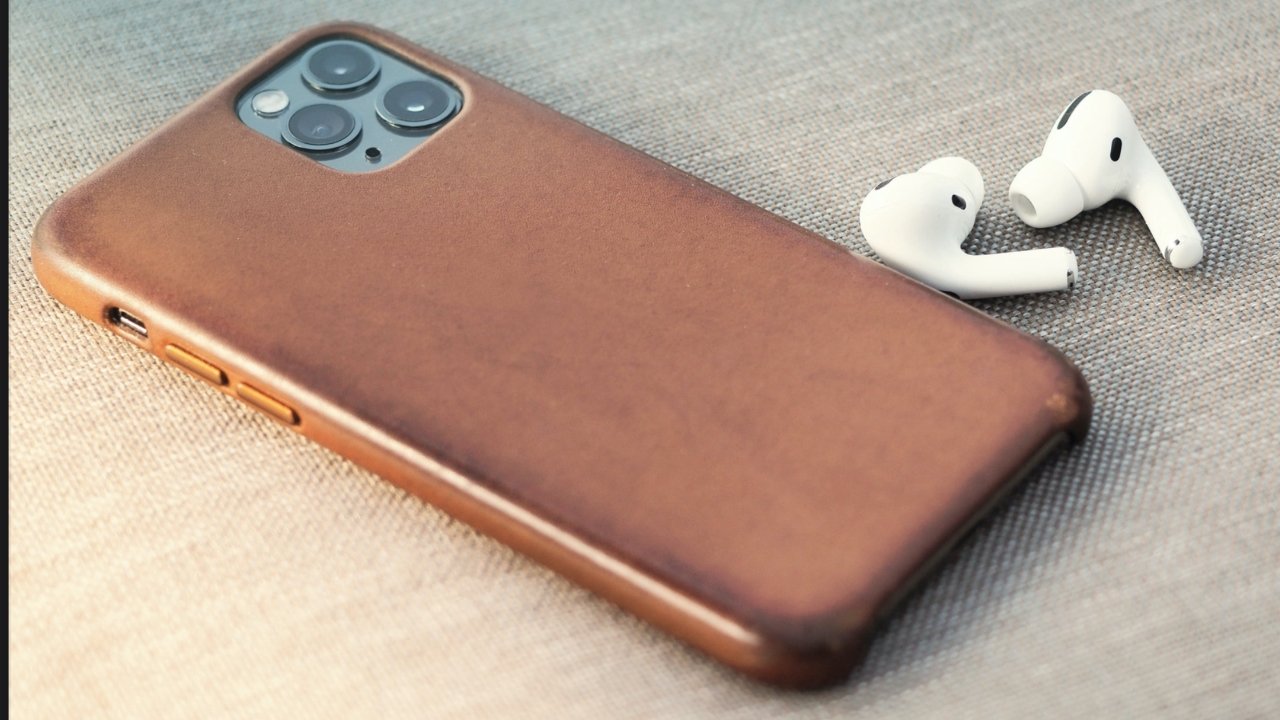
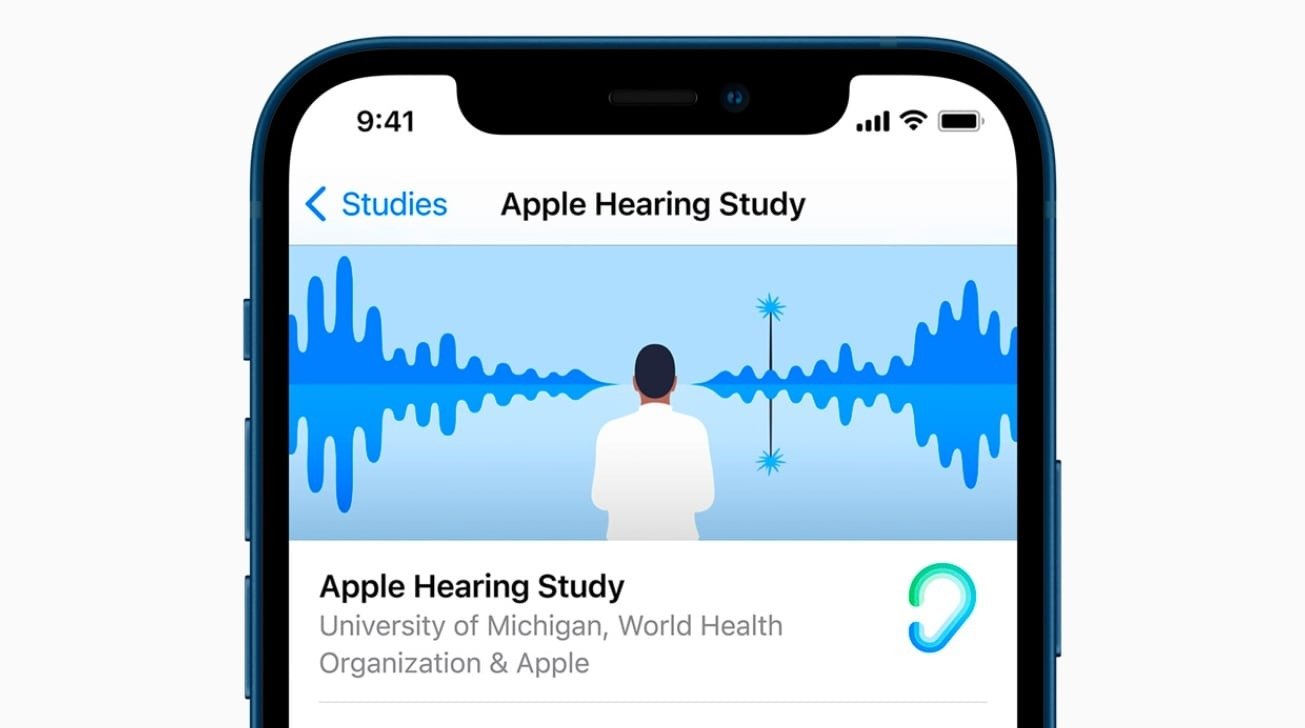

-m.jpg)






 Amber Neely
Amber Neely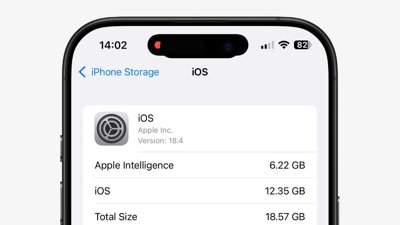
 William Gallagher
William Gallagher
 Sponsored Content
Sponsored Content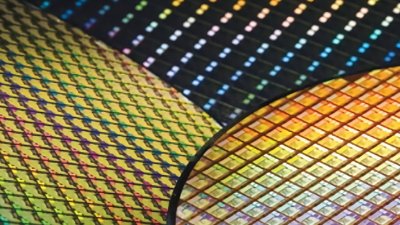
 Malcolm Owen
Malcolm Owen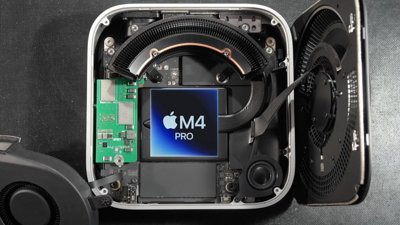
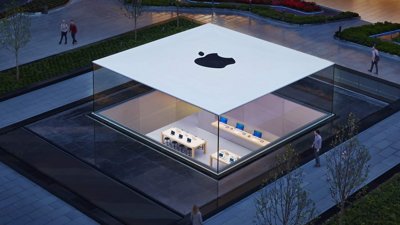
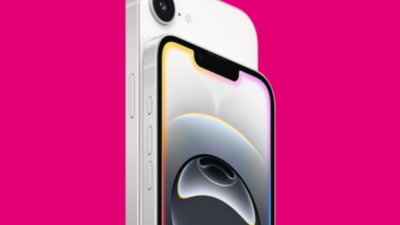
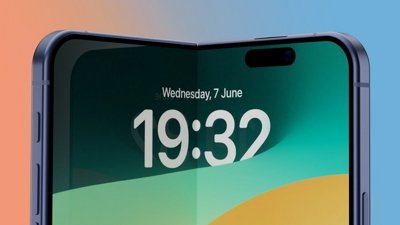










13 Comments
As someone with hearing frequency loss (not volume per se) as well as tinnitus, I read articles like this with great interest. My dad told me 40 years ago playing in a rock band would damage my hearing! Did I take any notice? No. :(
The noise cancellation aspect Apple brings to the table must also be a potential aid in the mix. An app with AI ability would be too. I really hope Apple pursues this area of research and fast. To be honest I thought or maybe just assumed they were already.
P.S. I tried the test posted on AI for the ability to detect Lossless audio improvement. Haha! However, Dolby Atmos actually improves my ability to hear greatly.
Before Apple even introduced Air Pods, I predicted the next medically-related field Apple would enter was hearing aids. The current state of the art hearing aids are expensive, require a tonne of maintenance, and aren't nearly as discreet, for the most part, as their manufacturers claim. White in-ear buds wired or wireless, are completely socially acceptable now, so their visibility is never an issue and, they're not just for music, PodCasts, phone, etc. Turning them into de facto hearing aids is really just a natural evolution of the AirPod line, especially for our generally vain, aging population (a demographic to which I belong) that is loathe to admit they, you know, are actually aging.
As I’ve stated before, absolutely no reason why Apple couldn’t and shouldn’t own this market. It would dramatically improve the lives of users who suffer from the current high costs and social stigma, not to mention Apple’s solution would be far superior with the processing power of the iPhone, and even just an AppleWatch. If battery life is an issue then a user could have two pairs and still be way ahead in terms of lower cost. And with the AppleWatch a user could control the volume and other parameters discreetly with the crown without looking down/away, thus maintaining eye contact (and any lip reading) and not interrupting a conversation. And it would be one less gadget that users need since they’d already have a phone, and older users will increasingly “need” a smart watch to monitor other vitals and falls. I can’t think of a more win-win-win situation than this.
I suffer from crazy Tinnitus and mild hearing loss from years of band mixing and loud movies. I immediately thought that the AirPod Pros would be a huge benefit to me, both music enjoyment wise and hearing protection wise. I use my AirPod Pros when working with loud tools and they are a hearing saver. I just wish I could simply boost the Transparency Mode input volume to act as a Hearing Aid.